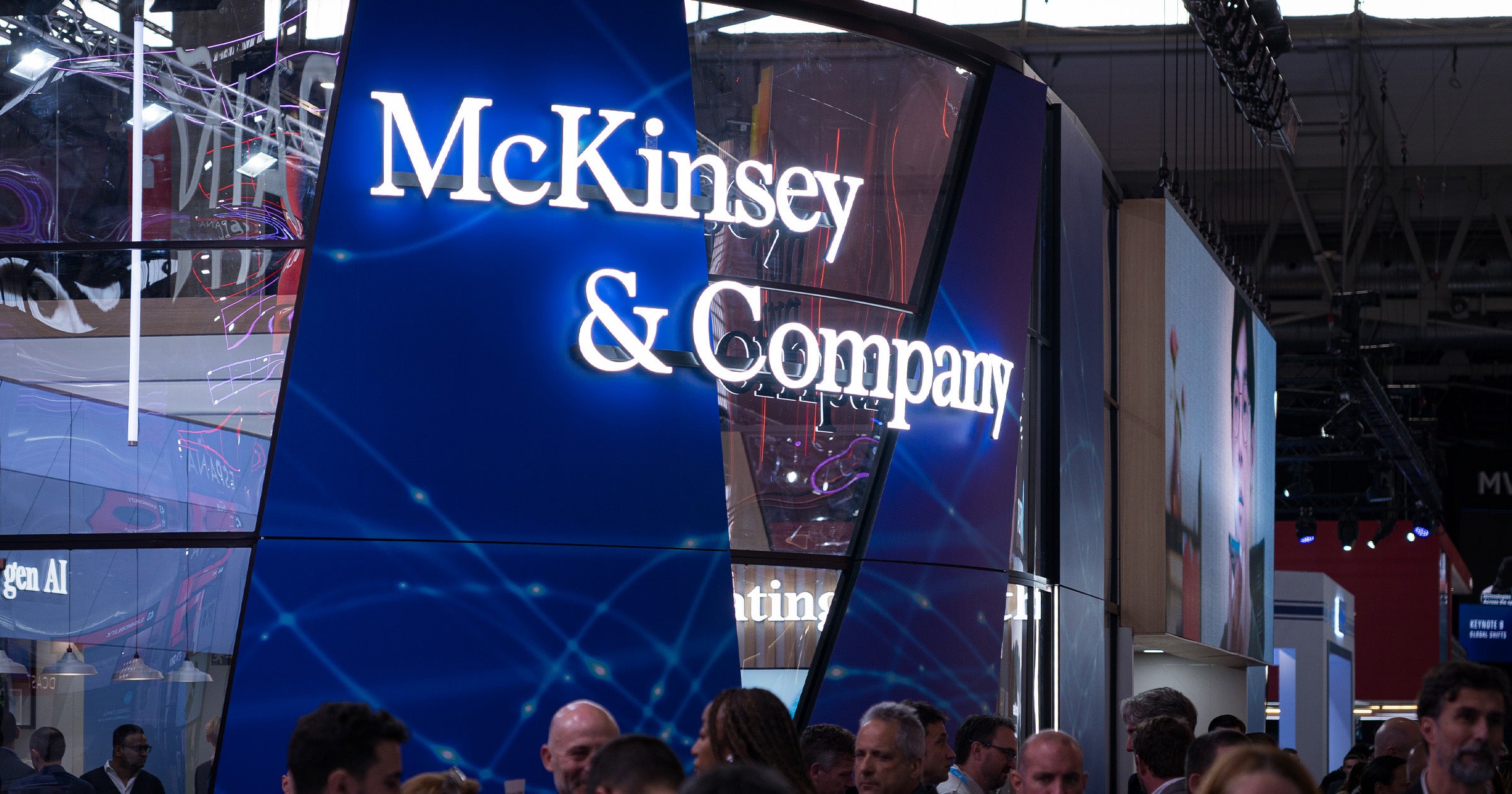One of the world's largest consulting firms, McKinsey & Company, is confronting a serious challenge as AI increasingly demonstrates the ability to perform traditional consulting tasks faster and at lower cost. Kate Smaje, a senior partner leading McKinsey's AI initiatives, acknowledged to The Wall Street Journal that this technological advancement has existential significance for their profession. In response, the firm has already deployed approximately 12,000 AI agents while significantly reducing its workforce from 45,000 to 40,000 employees over the past 18 months, although it emphasizes that the headcount reduction is not due to AI.
For McKinsey, AI represents both a threat and an opportunity, as a staggering 40 percent of its revenue – from the reported $16 billion in 2023 – already comes from AI consulting. Bob Sternfels, the firm's global managing partner, states that artificial intelligence is the central topic at every board meeting, and he predicts that in the near future, they will have one AI agent for every human employee. Currently, the most widely used AI tool at the company helps write documents in the firm's house style, while other applications summarize documents and interviews, assemble PowerPoint presentations, and even check the logic of consultants' arguments. The firm's leadership maintains that McKinsey needs to keep pace with its clients, who are themselves experimenting with the technology.
The rise of AI is fundamentally transforming the consulting profession, which Nick Studer, CEO of consulting firm Oliver Wyman, described by saying the age of consultant arrogance is over, as clients don't want suits with PowerPoint but professionals who help align and co-create with their team. According to Kate Smaje a senior partner at McKinsey, AI can now reach an average-level answer, meaning the layer of mediocre expertise disappears while distinctive expertise becomes even more valuable. McKinsey's leadership emphasizes that while they continuously develop their AI systems, they will continue to hire human talent, and they believe that the firm's reputation will not be undermined by AI. The transformation of the consulting industry is forcing firms to position themselves as partners rather than advisers, and today approximately a quarter of their work is compensated on an outcome basis.
Sources:









